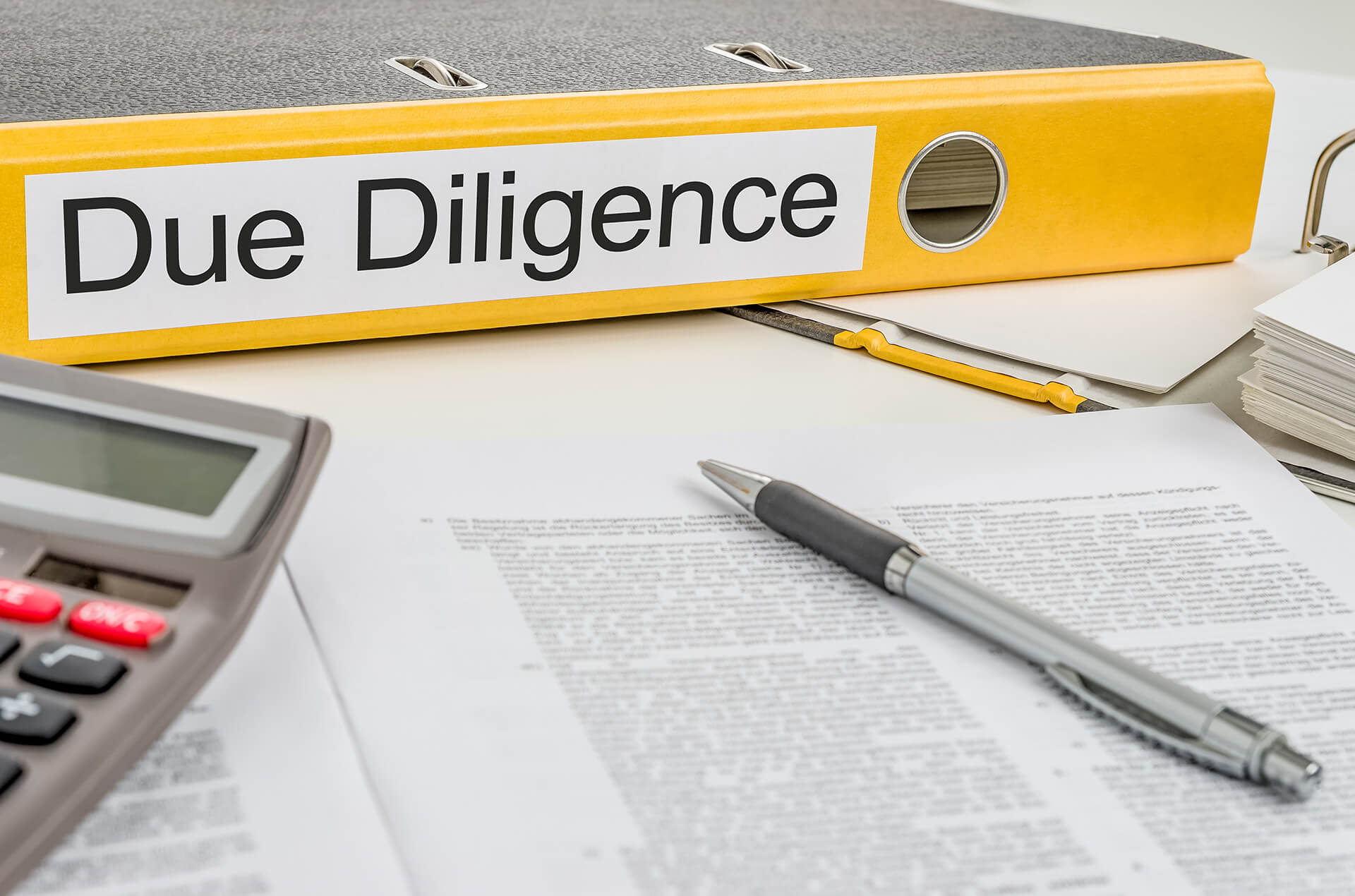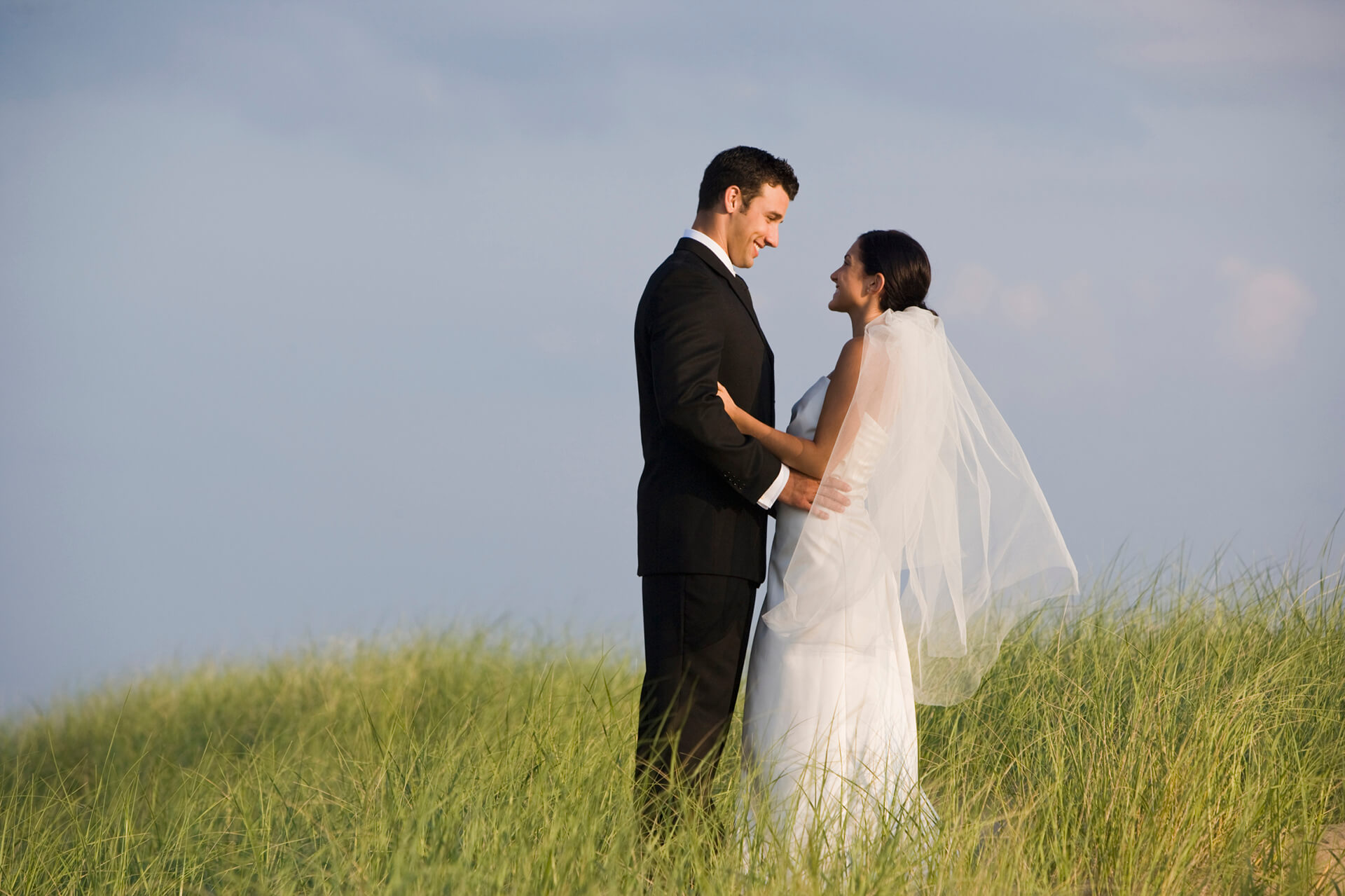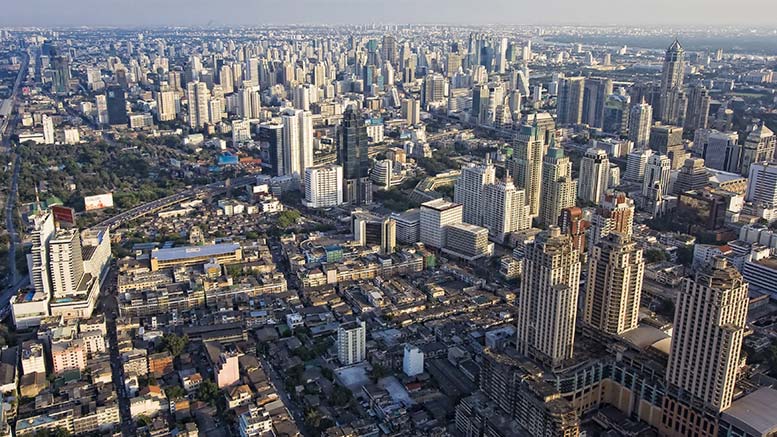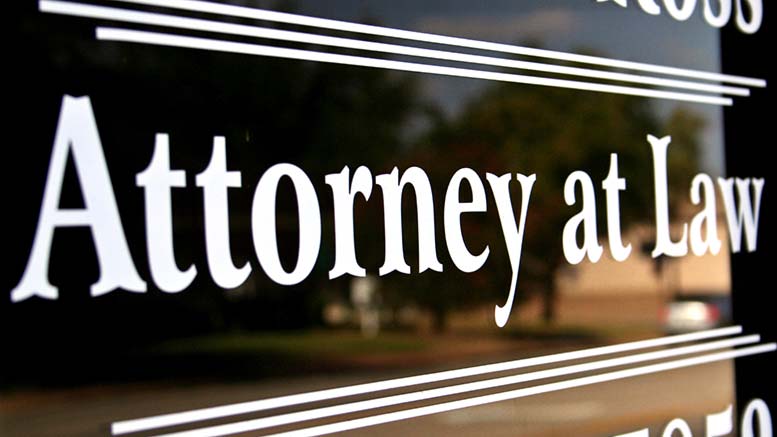Thailand Retirement Visa
The Thailand Retirement Visa allows expatriates who are over 50 years old to live in Thailand for a period of one year. This visa can be renewed each year for another year as long as the applicant continues to meet all of the financial requirements.
Getting a Thai Retirement Visa is simple and fast.
First, you need to qualify for a non-immigrant O type of visa that is valid for up to six months. This visa is available to residents of several countries, including the United States and Australia.
This type of visa has a lot of restrictions and requirements, but the good news is that they are easy to meet.
To get a Thai retirement visa, you will need to prove that you have an income and bank account in Thailand. This can be done through a statement that shows that you have had a balance of at least 800,000 Thai baht for at least 2 months before applying. You will also need to provide proof that you have enough funds to cover your living expenses in Thailand.
You can apply for the retirement visa in your home country or in Thailand. The application process is easy and quick, but you may need to make an appointment to submit the application in person.
The application can be submitted to a Thai Embassy or Consulate in your home country, or you can apply online or by mail. The process will take about 3 weeks to complete and it is important that you submit the proper documents and pay the required fees.
In the event that you are applying for a visa outside of your home country, you will need to present copies of all the documentation listed above. This includes a copy of your passport, two photos, proof of insurance, and a medical report.
Your application will also need to show that you have a Thai bank account, which has been open for at least 12 months prior to the application. This bank account must be in your name and have a balance of at least 800,000 baht.
Once you have the correct documents, you should submit them to a Thailand Embassy or Consulate in your home country. They will then issue you a visa.
During the course of your stay, you will be required to report to a Thai Immigration office every 90 days to complete a report that confirms where you are living in Thailand. This is a relatively straightforward process, but some people prefer to have someone else complete it for them.
When you do so, the official at the Immigration office will check that you have met the requirements for the retirement visa and then issue you a re-entry permit if you need to leave Thailand. This re-entry permit will allow you to travel freely around the country, but you must report to the Immigration office in Bangkok when you return to Thailand.
The best way to avoid the hassle of submitting these reports on your own is to hire an agent such as ourselves to do it for you. We can ensure that the whole process runs smoothly and quickly so that you can start enjoying all of the benefits of retiring in Thailand.










